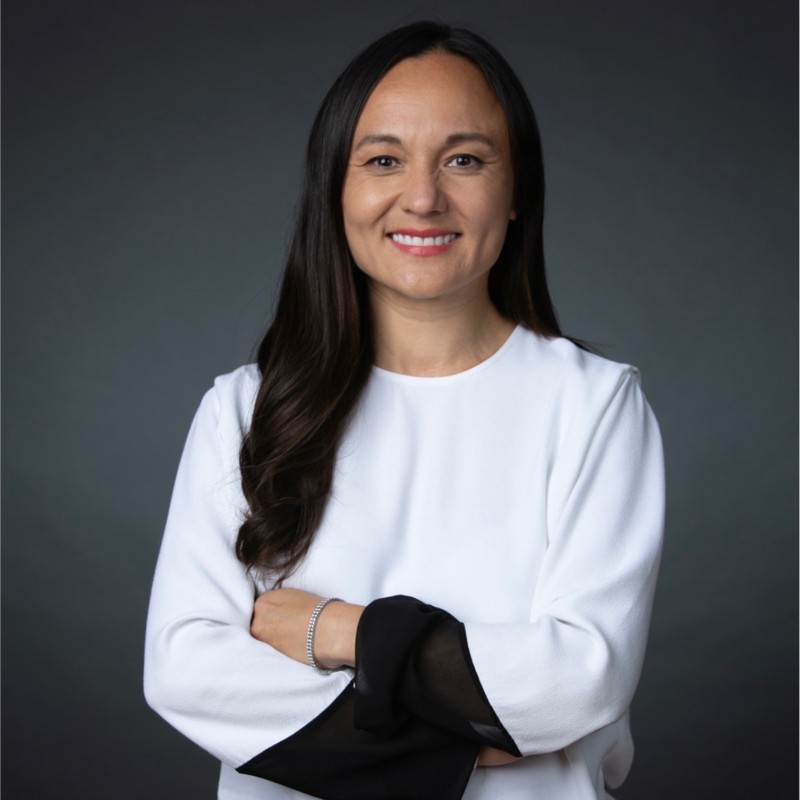by Richard Zackon , Op-Ed Contributor
When Steve Jobs of Apple, Jeff Bezos of Amazon and Marc Benioff of Salesforce each point to a common source of wisdom to foster innovation, it is probably worthy of consideration. Shoshin is a Zen Buddhist term, which is translated as “beginner’s mind.” It refers to the openness, intuition and curiosity of the true beginner, one not beholden to preconceptions and free of the habits of the expert.
For more than 12 years as facilitator of the Council for Research Excellence (CRE), I have had the opportunity to participate in discussions as the leaders of the research community responded to the need for audience measurements to adapt to the accelerating changes in traditional TV viewing.
CRE participants, like those of the ARF, the MRC and CIMM, are smart and committed researchers with years of training and experience. One would hardly call them beginners. But maybe, we experts would be well served by bringing qualities of the beginner’s mind to the table.
What are these qualities? Here are some approaches.
-
Practice curiosity and wonder.
Remember how your world looked in first grade? Or in your first semester of college? Capture that perspective and learn.
-
Embrace confusion and uncertainty.
Not knowing is a challenge to the expert. I generally try to avoid being seen by my peers as not knowing. Let’s get over ourselves, put on our big-boy pants and learn together.
-
Question common sense.
By the time that sense becomes common in a changing world, it may no longer be relevant. The way we’ve always done it may have worked yesterday, but may not work today. Think TV diaries.
-
Navigate with intuition, not just knowledge.
Think of the European explorers who had seafaring experience, but no adequate maps of the New World. Operating with little certainty is uncomfortable.
-
Grow comfortable with being uncomfortable.
This mantra belongs to Navy Seal training, not the Zen monastery. By its nature, growth is uncomfortable. Again, think first grade. Or that first semester of college.
-
Overcome fear of failure.
Despite the costs of not innovating, our industry remains risk-adverse. Some question the philosophy of “fail fast, fail often,” but failure is typical of innovation. I fell off my bike many times when I first learned to ride.
-
Focus on questions more than answers.
At CRE, I observed how quickly some members would answer a question as soon as it was posed. It reminded me of my waving my hand in school: “I know teacher, I know.” Like a good wine, give a good question some time to breathe. And allow others the opportunity to ponder.
-
Replace “No, because” with “Yes, and.”
This rule of thumb comes from improvisational comedy. Present a typical research expert with a new idea — and he will quickly explain why it won’t work. Yes and-ing an improv partner honors what a partner says and expands on the idea.
-
Let go of being an expert.
Research indicates that thinking of ourselves as experts enhances close-mindedness, not original thinking. Leaven expertise with humility.
There is much concern in audience measurement with the limitations of legacy systems, outdated methods and software. We should also be concerned with the limitations of legacy thinking, outdated orientations and perspectives.
To quote Shunryu Suzuki, the author of “Zen Mind, Beginner’s Mind,” “In the beginner’s mind, there are many possibilities, but in the expert’s, there are few.”
As we work to innovate in our field, we need more possibilities. And then see which works.
https://www.mediapost.com/publications/article/314669/beginners-mind.html
